expired69jojo posted Nov 15, 2021 05:29 AM
Item 1 of 6
Item 1 of 6
expired69jojo posted Nov 15, 2021 05:29 AM
Synology DiskStation DS220j 2-Bay NAS Enclosure
+ Free Shipping$160
$190
15% offB&H Photo Video
Visit B&H Photo VideoGood Deal
Bad Deal
Save
Share
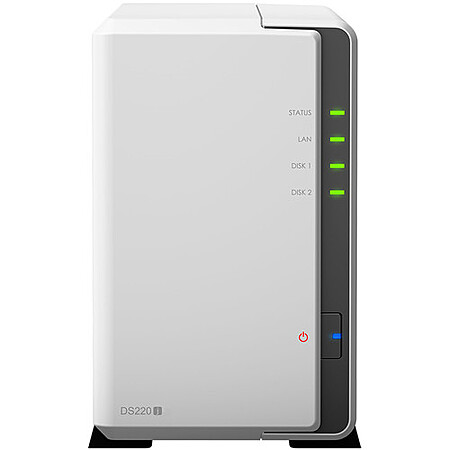
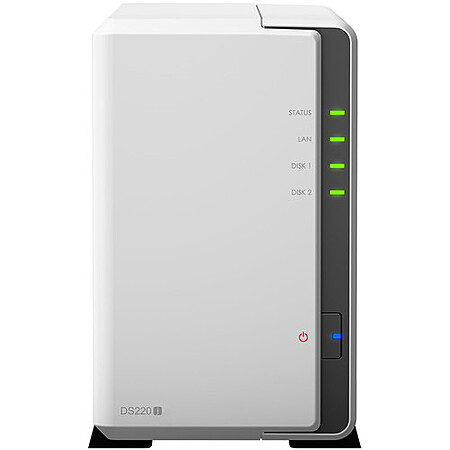
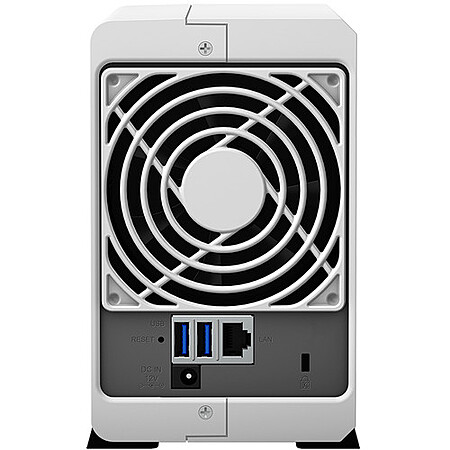
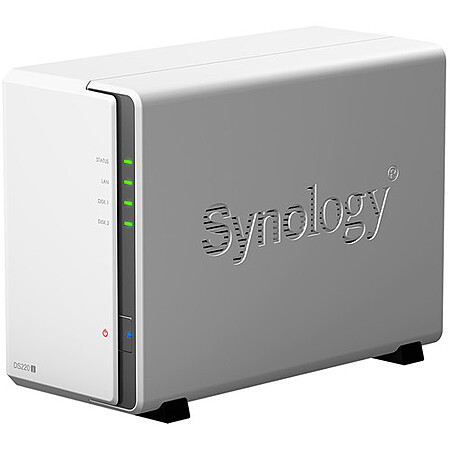
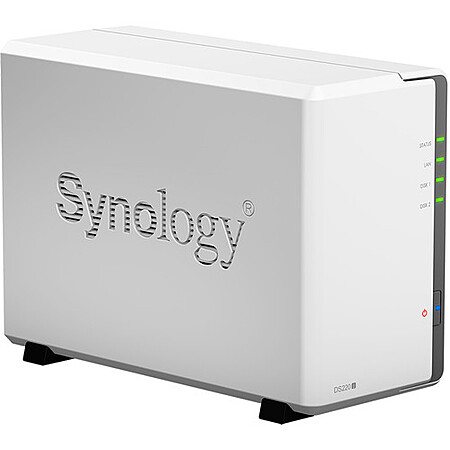
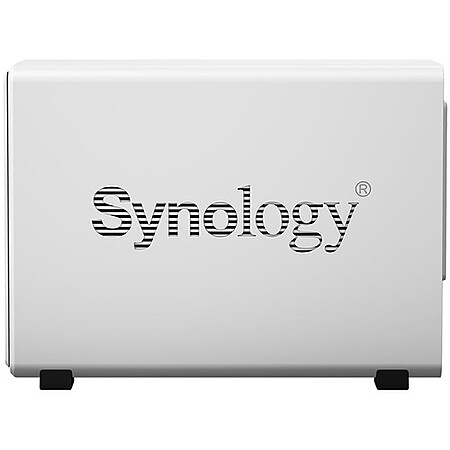



Leave a Comment
Top Comments
IMO this model is too slow for anything else.
NAS with 2 bays is always better than a single bay (Having a single drive is just begging for data loss).
120 Comments
Sign up for a Slickdeals account to remove this ad.
I've never seen anything like this for any other network equipment.
Any such EULA (allowing a Republic of China company access to your property/records/documents) would make it a non-starter for U.S. government purchases so it would be hard to imagine any major network vendor including it?
And VPN? Privacy software that gives a foreign company access to your books/records/facilities? I don't believe it. Show me one.....
Dell is far more vague, but ambiguity allows for the exact same things: "cooperate fully and timely with Dell and its auditors if Dell notifies You that it will conduct an audit to confirm Your compliance with this EULA"
I'm not going to keep digging into EULAs to find more, sorry. These clauses simply are not rare with business-licenses network appliances. You're welcome to try. FWIW, i only looked into 3 companies. I tried to get a variety of options. Of the three I looked into, only Ubiquiti didn't have such a clause.
I specifically said "(unless the OS drive is filled almost to capacity).". My comment was intended to convey that they shouldn't see a "slow down" as a result of dumping RAW files to a machine, unless the OS drive is almost filled to capacity. If it's not filled, and there is plenty of free space, there's no reason why dumping RAW (or any) files to the machine should slow it down. That's all.
The problem is common with my model (TS-453Be) and QTS some version released in 2019 and all versions after. Users found that this configuration was prone to crashes when the memory was being accessed beyond 12gb or so. Running PLEX either in docker or in QNAP's own .qpkg version produced the problem. Users reported that keeping the 16gb of RAM and then moving to something like TrueNAS eliminates the problem.
Sign up for a Slickdeals account to remove this ad.
I specifically said "(unless the OS drive is filled almost to capacity).". My comment was intended to convey that they shouldn't see a "slow down" as a result of dumping RAW files to a machine, unless the OS drive is almost filled to capacity. If it's not filled, and there is plenty of free space, there's no reason why dumping RAW (or any) files to the machine should slow it down. That's all.
I am upgrading to the DS220+ instead, which comes with 2 GB of memory and can be upgraded, along with a much stronger processor.
I'm still puzzled why Synology only puts 512MB in the "j" series even though the software offers features that far exceed the memory provided but don't exceed the CPU provided.
Get 16GB or more for each NAS if more than a few people will be working remotely at the same time off of one of these two Synology NASs, especially if working with large files like database, CAD, video, etc.
IF you value your data and, say, you're located in a high hazard zone like earthquake CA or a flood plain, or a hurricane or tornado area, better have a NAS backup in your parents' or a friend's home in IL, or MI, or MN, etc., hopefully not in a riot prone city.
Dell is far more vague, but ambiguity allows for the exact same things: "cooperate fully and timely with Dell and its auditors if Dell notifies You that it will conduct an audit to confirm Your compliance with this EULA"
I'm not going to keep digging into EULAs to find more, sorry. These clauses simply are not rare with business-licenses network appliances. You're welcome to try. FWIW, i only looked into 3 companies. I tried to get a variety of options. Of the three I looked into, only Ubiquiti didn't have such a clause.
And I don't know why you keep talking about China. I've never said anything about China. I'm just talking about these clauses. If they're enforcible for an American-owned company, then they're likely are for a French or Chinese company as well. People have entered into crazier contracts with foreign governments before that have been upheld.
There's zero value in pointing out what someone "thinks" the average user might or might not be doing
"Storing files on the computer shouldn't slow it down (unless the OS drive is filled almost to capacity).". They haven't replied yet.
But you felt like you had to question whether or not I'd dealt with users in the real world LOL. Congratulations.
"You clearly haven't dealt much with users in the real world.". Something that continues to be irrelevant.
It's as if I said:
"Hey, if your low oil pressure light is flashing on and off while you go around corners, you might be low on oil. I would check that before assuming the pickup tube screen is blocked."
And you replied:
"Oh well you clearly haven't dealt with drivers in the real world. They're terrible with maintenance, and never check their oil level!".
Oh wow, thanks! Zero value there. My 20 years of experience working on and dismantling cars tells me that MANY people don't take great care of their cars. They end up spending more money to rectify problems than they ever might have preventing them. But my level of experience doesn't preclude me from suggesting steps to help someone investigate an issue. If I had minimal experience, I could still make a valid suggestion to someone in terms of troubleshooting.
I am upgrading to the DS220+ instead, which comes with 2 GB of memory and can be upgraded, along with a much stronger processor.
I'm still puzzled why Synology only puts 512MB in the "j" series even though the software offers features that far exceed the memory provided but don't exceed the CPU provided.
The "j" series is Synology's absolute entry-level line. The DS218play and DS218 have the same CPU as the DS220j but have 1GB and 2GB RAM respectively. Of course, MSRP for those are $40-60 more. The DS220+ has $110 higher MSRP so naturally, it's going to be better than the "j".
Personally, I got the DS220j as a cheap entry to familiarize myself with Synology's software. I think I'll probably upgrade to either DS920+ or DS1520+ and relegate the DS220j as offsite backup or something.
The "j" series is Synology's absolute entry-level line. The DS218play and DS218 have the same CPU as the DS220j but have 1GB and 2GB RAM respectively. Of course, MSRP for those are $40-60 more. The DS220+ has $110 higher MSRP so naturally, it's going to be better than the "j".
Personally, I got the DS220j as a cheap entry to familiarize myself with Synology's software. I think I'll probably upgrade to either DS920+ or DS1520+ and relegate the DS220j as offsite backup or something.
I'm not sure whom the DS220play is intended for to be honest. It doesn't seem to be strong enough to support Plex.
Sign up for a Slickdeals account to remove this ad.
I'm not sure whom the DS220play is intended for to be honest. It doesn't seem to be strong enough to support Plex.
As for Plex, none of the ARM-based NAS will work for Plex transcoding. They're fine for basic Plex server use as long as the playback client supports direct stream/play and the network is fast enough to support original bitrates.
Leave a Comment